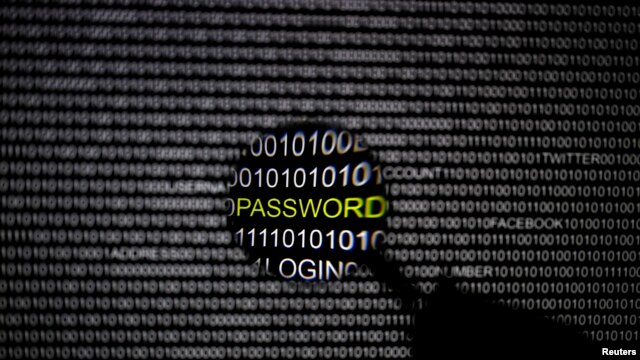Freewill
Platinum Member
- Oct 26, 2011
- 31,158
- 5,072
- 1,130
Once again the intent, or stated intent, of a liberal results in EXACTLY the opposite outcome. Oh yeah we will hear there has been an uptick in those who have leaked information, but at 70 percent it would seem that Obama is setting yet another record. For the libs that love Snowden he would be number 12 or 8. Sad what Obama has done to this country simply sad.
CNN s Tapper Obama has used Espionage Act more than all previous administrations PunditFact
Most tallies, like the one by the investigative service ProPublica, begin with Daniel Ellsberg and the release of the Vietnam War era documents known as the Pentagon Papers. Including Ellsberg, the government has used the Espionage Act 10 times to prosecute government workers who shared classified information with journalists. If we push back to 1945, there is one more case. So of those 11, seven have taken place while Barack Obama has been president.
CNN s Tapper Obama has used Espionage Act more than all previous administrations PunditFact
Most tallies, like the one by the investigative service ProPublica, begin with Daniel Ellsberg and the release of the Vietnam War era documents known as the Pentagon Papers. Including Ellsberg, the government has used the Espionage Act 10 times to prosecute government workers who shared classified information with journalists. If we push back to 1945, there is one more case. So of those 11, seven have taken place while Barack Obama has been president.


